We have been analyzing films centered on faith; this time, we will delve into the duality of good and evil and explore how evil can sometimes be a necessary force.
What better film to analyze than Prisoners, directed by Denis Villeneuve, a master of this genre. Many of his films, including Incendies, Arrival, Dune, Enemy and Sicario, delve deeply into this theme.
We chose Prisoners because its story feels closer to home; it’s a film that any parent can easily relate to and, as in Sicario, the cinematography is crafted by the great Roger Deakins.
The plot

Prisoners follows the harrowing journey of Keller Dover, a father whose young daughter and her friend go missing in a small town. Frustrated with the slow progress of the police investigation, led by Detective Loki, Dover takes matters into his own hands.
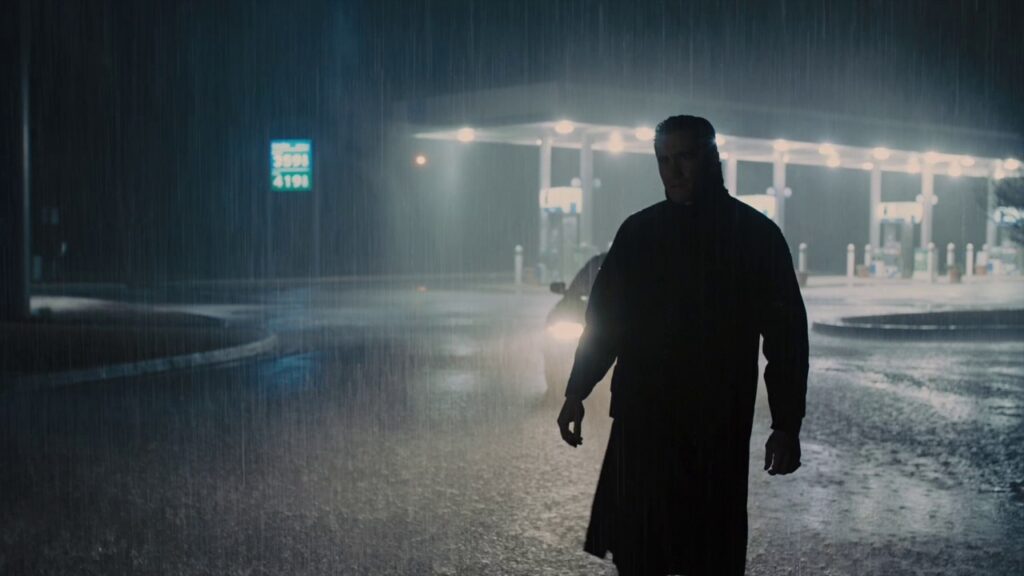
As he becomes increasingly desperate, he kidnaps a suspect he believes may be involved, leading to a tense exploration of morality, justice, and the lengths one will go to protect their family. The film keeps viewers on edge, questioning what is right and wrong in the face of unimaginable fear and loss.
The cinematography
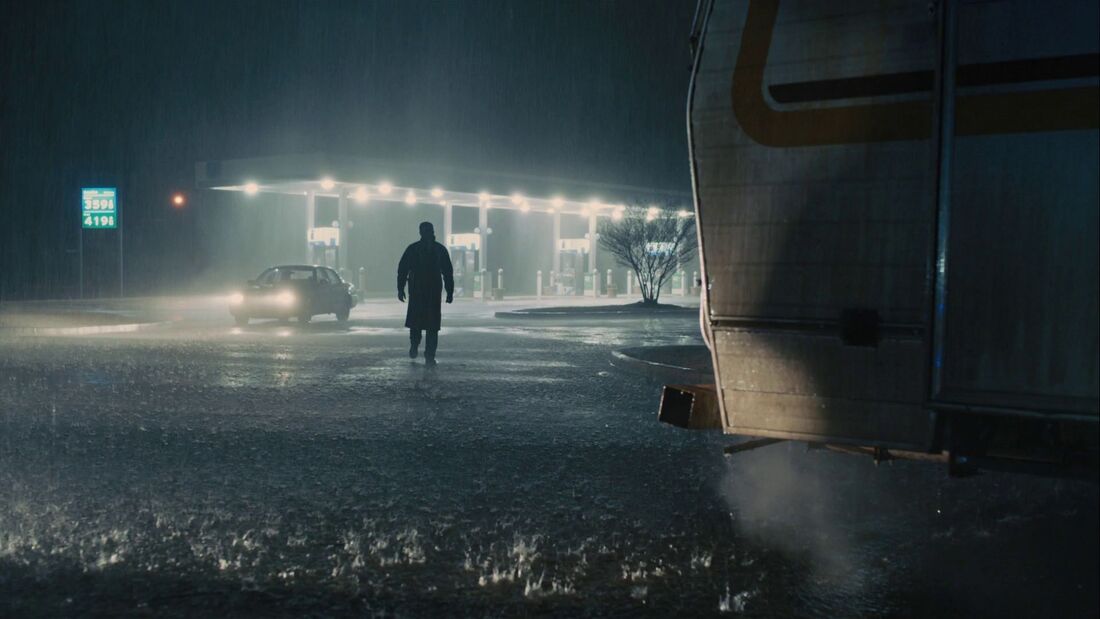
The first thing I noticed while watching this film is how each frame feels deeply connected to the human experience.
Most shots are captured with a 32mm lens on an Arri Alexa, equivalent to a 50mm full frame, which, in my opinion, offers the most realistic perspective to match human vision.
Occasionally, a shorter or longer focal length may be utilized for close-ups or due to space limitations but overall the perspective always feels natural.
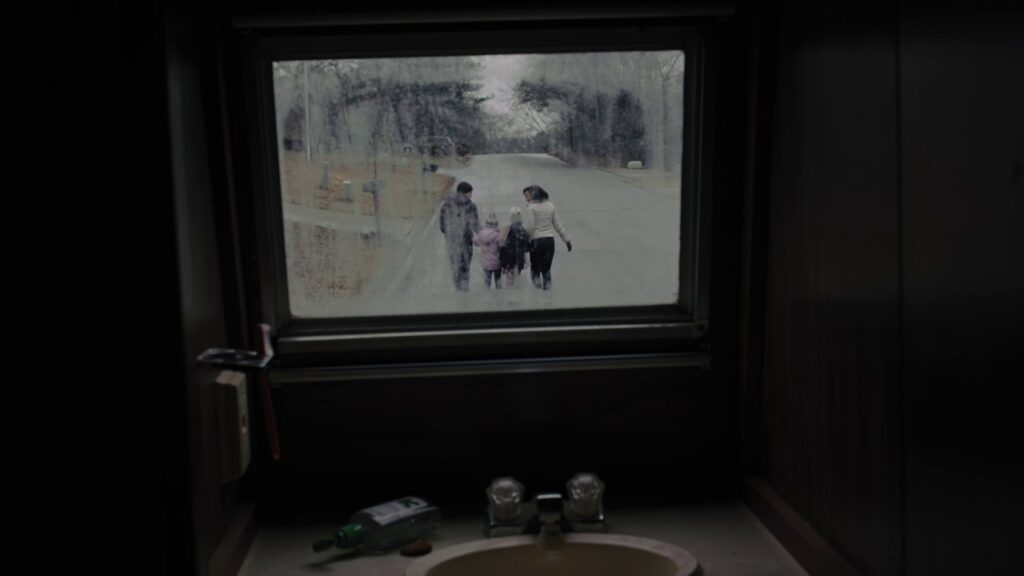
Right from the opening shots, we feel as if we’re seeing through Dover’s eyes while he’s hunting or through the kidnapper’s perspective as they approach the front door.
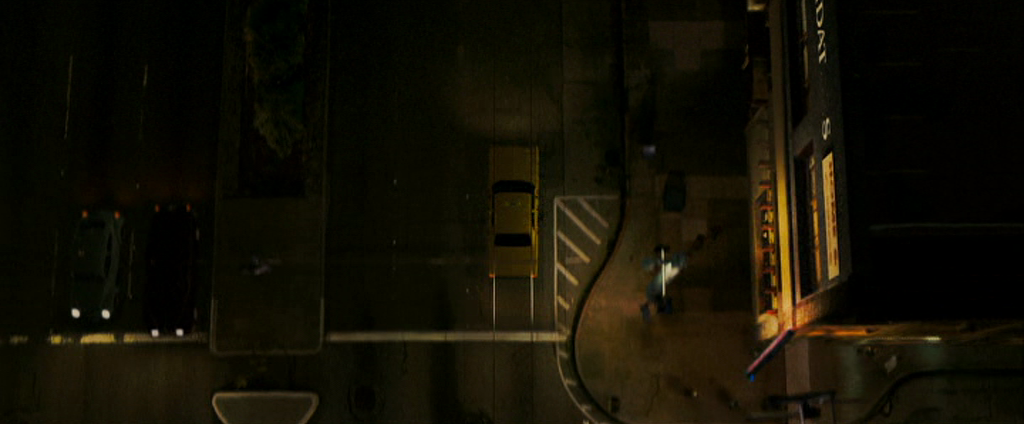
This creates a very different experience from Fincher’s Zodiac, where we feel more like detached observers. Here, there’s a much closer connection to the characters and events, allowing us to truly immerse ourselves in their perspectives.
I’m not sure if we’d call the film naturalistic, but everything certainly feels grounded—polished yet retaining a strong sense of realism.
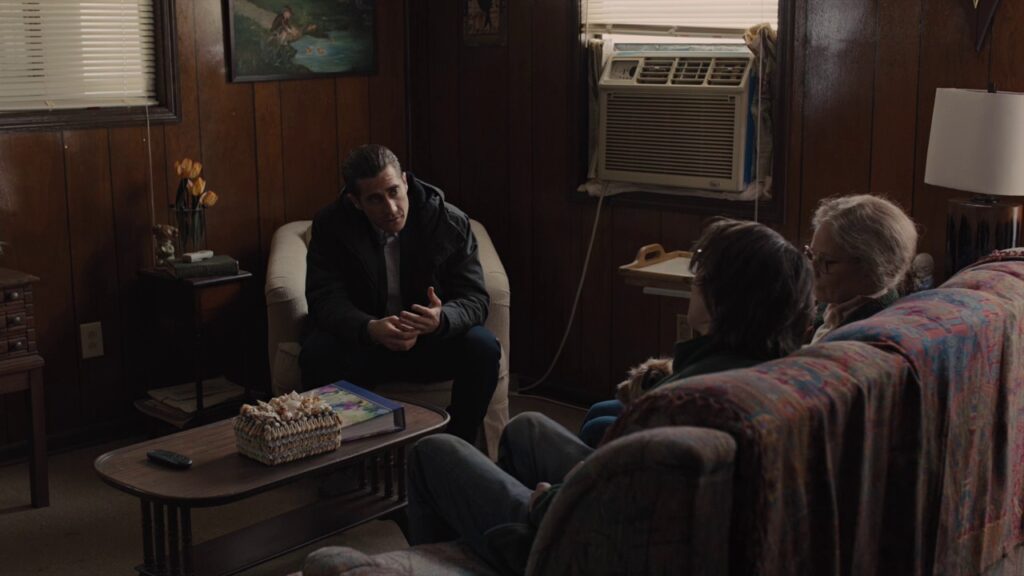
Roger Deakins demonstrates that stunning compositions and intricate framing can be achieved even with the use of a standard lens.
Rather than relying on wide or specialized lenses for dramatic effect, he crafts depth, balance, and tension within each shot, proving that powerful visual storytelling is about thoughtful composition and a deep understanding of perspective.
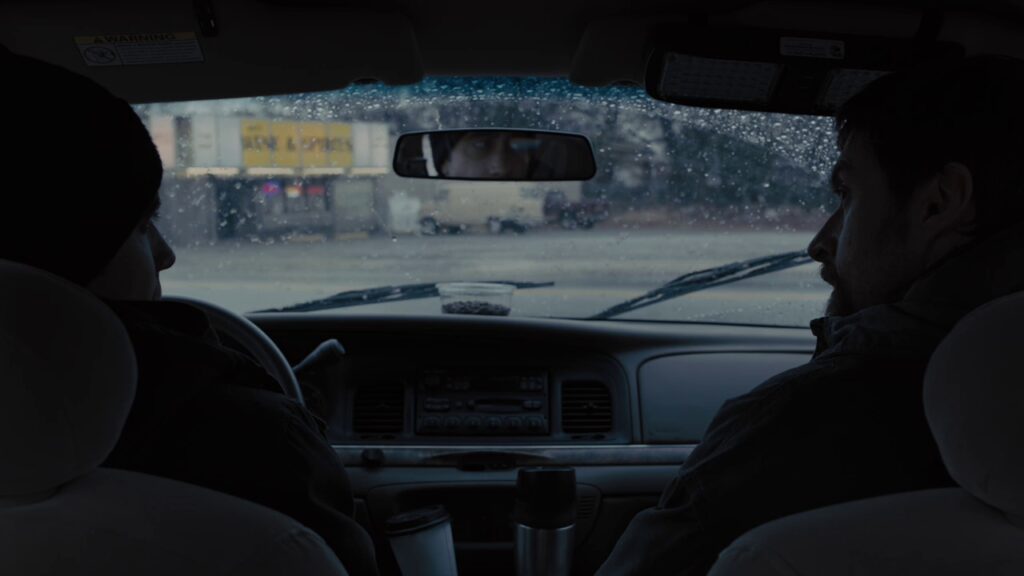
His approach highlights how a standard lens, when skillfully employed, can draw viewers into the scene, capturing the intimacy and complexity of each moment without overt visual manipulation.
The themes
Men are hunters
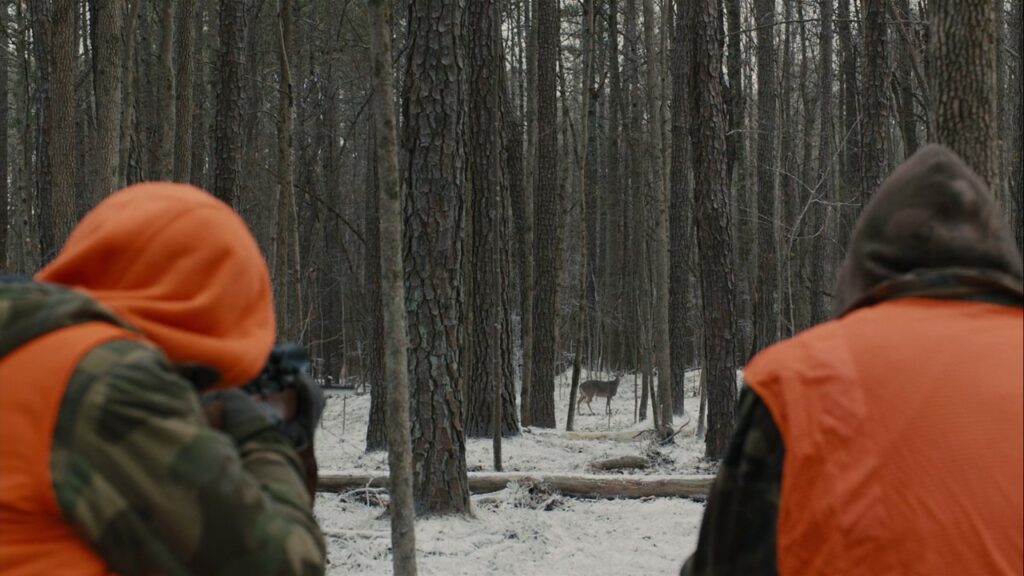
Right from the beginning, we are introduced to a life lesson from Keller as he teaches his son how to hunt for a deer. This sets the stage for exploring the theme of the necessity of evil for survival.
In today’s society, food often arrives pre-packaged and lifeless, but nothing can make you appreciate your meal more than the experience of having to hunt an animal and kill it for sustenance. It serves as a reminder of the inherent necessity of taking a life to sustain our own. The process reminds us to stay humble and instills a reluctance to play with, overeat or waste food, as you understand its true value.

I believe that hunting has historically been one of the primary roles of men and a crucial rite of passage into manhood. A man must be prepared to kill in order to provide for his family; this ability to take life is intrinsic to his true nature, although we hold a conscience we are first and foremost Apex Predators.
Be ready for malevolence
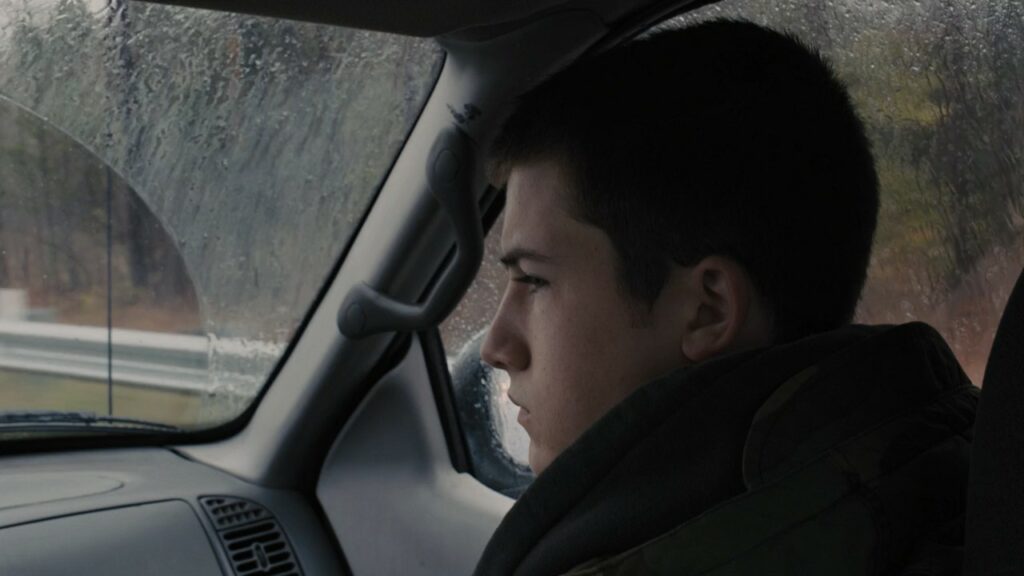
Keller imparts a second important lesson to his son: the importance of being prepared for anything. Whether faced with famine, war, or natural disasters, we must be ready, as tragedy is an inevitable part of life but also as these kinds of events tend to reveal people’s hidden dark nature.
This lesson goes beyond mere survival skills; it emphasizes the need for mental and emotional readiness as well. In a world where unforeseen challenges can arise at any moment, being equipped to handle adversity is crucial.
Keller’s teachings instill a sense of resilience and vigilance in his son, preparing him not only to confront physical threats but also to navigate the emotional turmoil that can accompany life’s harsh realities.
As the film progresses, we see that Keller is an organized individual who is not only armed but also keeps a stockpile in his basement, yet despite being able to be cheerful and joke around he also maintains a realistic or pessimistic outlook on life.
Men are responsible for their families
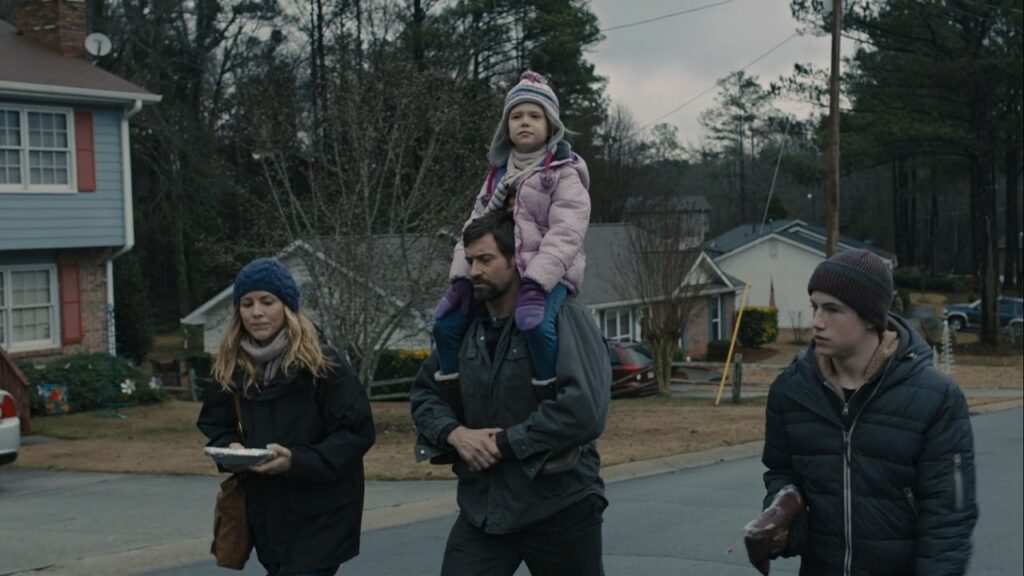
As a father, he must both protect his family and ensure they feel secure. When his daughter is kidnapped, the responsibility falls squarely on his shoulders to do everything in his power to find and rescue her.
This contrasts sharply with his wife, who struggles to cope with the tragedy and spirals into depression, while Franklin, the father of the other girl, remains passive, placing all his trust in public services.
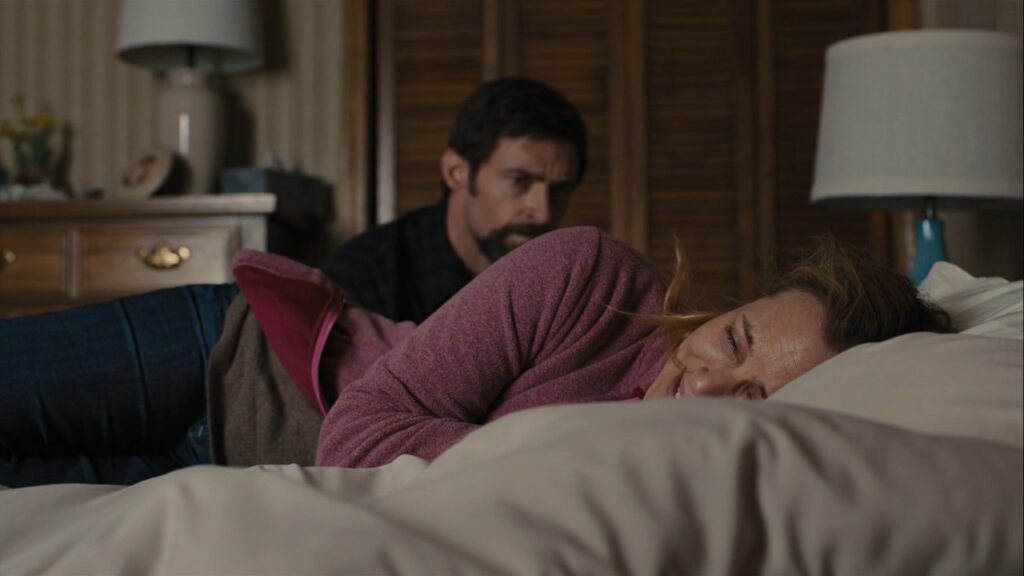
Due to their role as primary caregivers, especially given the demands of breastfeeding, women tend to display higher levels of agreeableness on average and may also be more sensitive to negative emotions or prone to neuroticism.
This heightened emotional responsiveness can often contribute to a more nurturing environment, as being attuned to the needs and vulnerabilities of their children enhances caregiving. However, it also makes them more vulnerable to stress and anxiety, as they are more sensitive to emotional shifts within their environment.
This nuanced balance allows for deep relational connections but can sometimes come at the cost of increased emotional strain.
Men have to be capable of evil
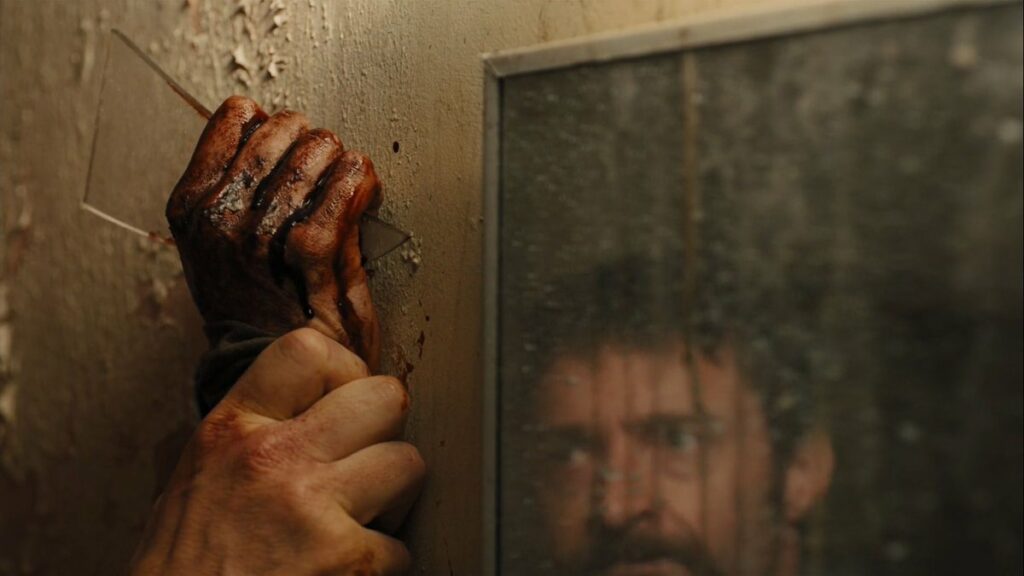
As portrayed in this film, true evil is a very real force in the world. The narrative suggests that one effective way to combat such malevolence is by embracing a certain darkness oneself. This idea raises complex moral questions about the nature of good and evil and the lengths to which one must go to protect loved ones.
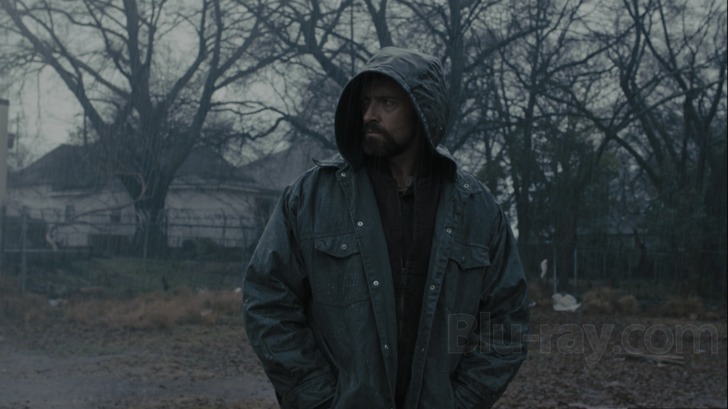
In the face of grave threats, the film illustrates that the struggle against evil can compel individuals to adopt dangerous and morally ambiguous actions. The characters’ choices challenge us to consider whether fighting fire with fire is justified, and what sacrifices one must make when confronting a sinister force. Ultimately, it prompts a deeper reflection on the duality of human nature and the ethical dilemmas that arise in desperate circumstances.
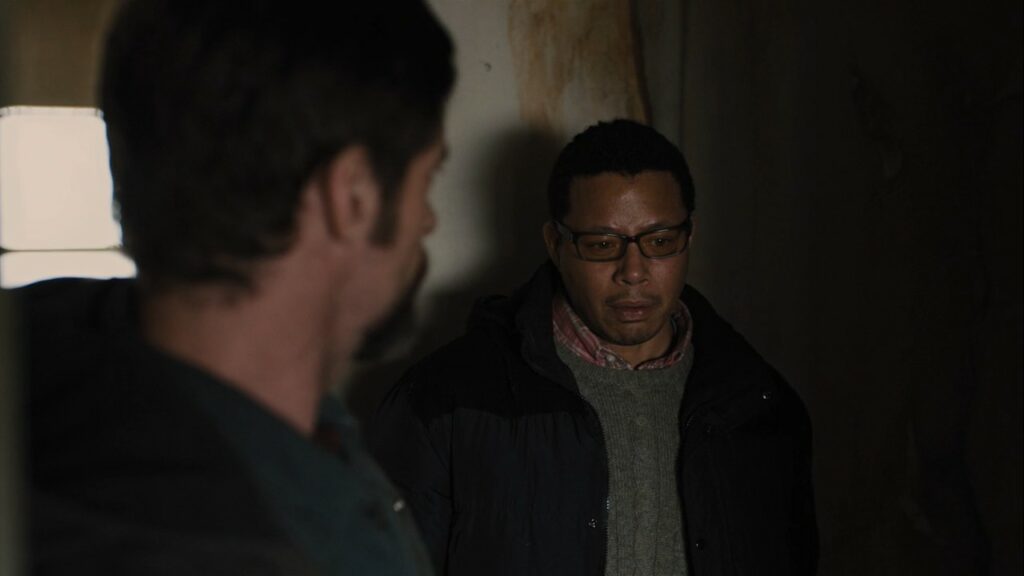
We witness both men participating in the torture of another man whom Keller believes is guilty. However, from Franklin’s perspective, he grapples with uncertainty about whether he is torturing an innocent person. As men they are both compelled to sacrifice their own morals for the sake of their daughter, even risking prison.
The trust in the public service
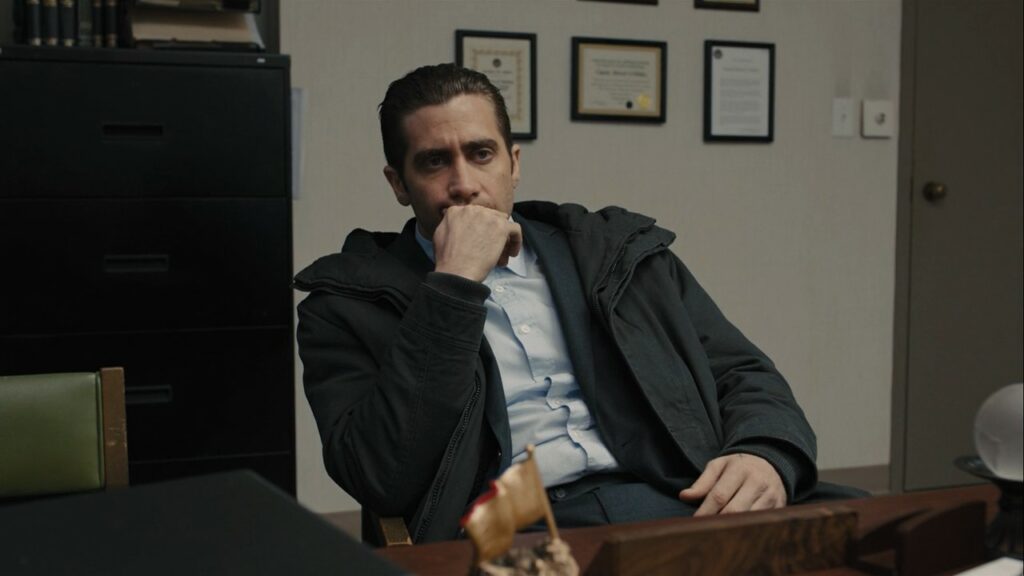
Although Detective Loki is competent and dedicated to the case and he has actually never failed to find a person in his career, this film raises questions about our trust in public services and law enforcement.
At times, their actions can conflict with our instincts because they lack the same intricate information we do. It’s intriguing to observe how public authorities possess the power to investigate and determine which leads to pursue, while the family is expected to sit back and wait for updates.
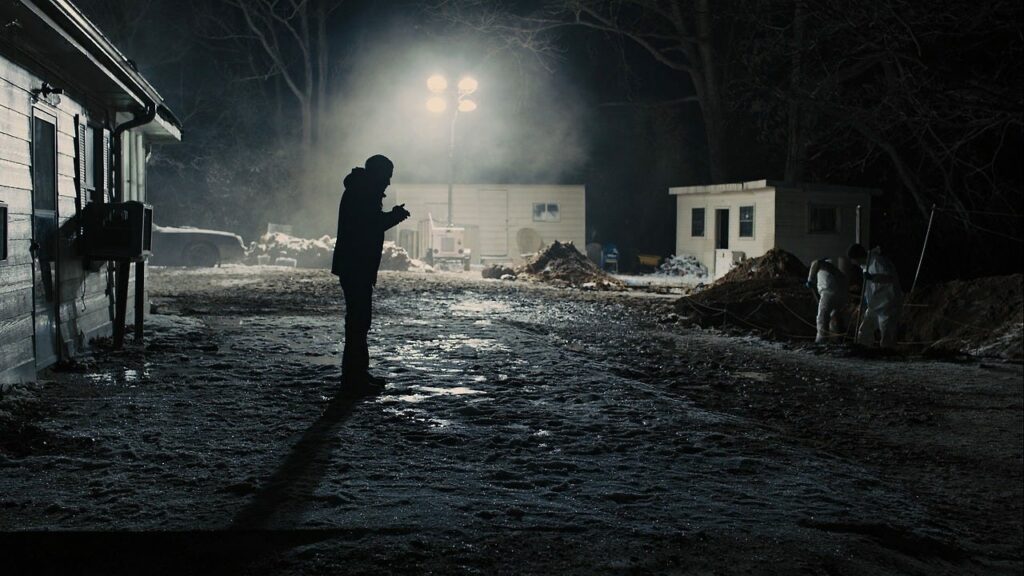
It’s as if the law prevents them from taking matters into their own hands, highlighting the limitations imposed on families in times of crisis to remain passive and wait.
Externalizing justice and upholding order allows society to escape the endless cycles of revenge that would occur if individuals sought to enact justice on their own.
Disagreeableness is both a force and a weakness
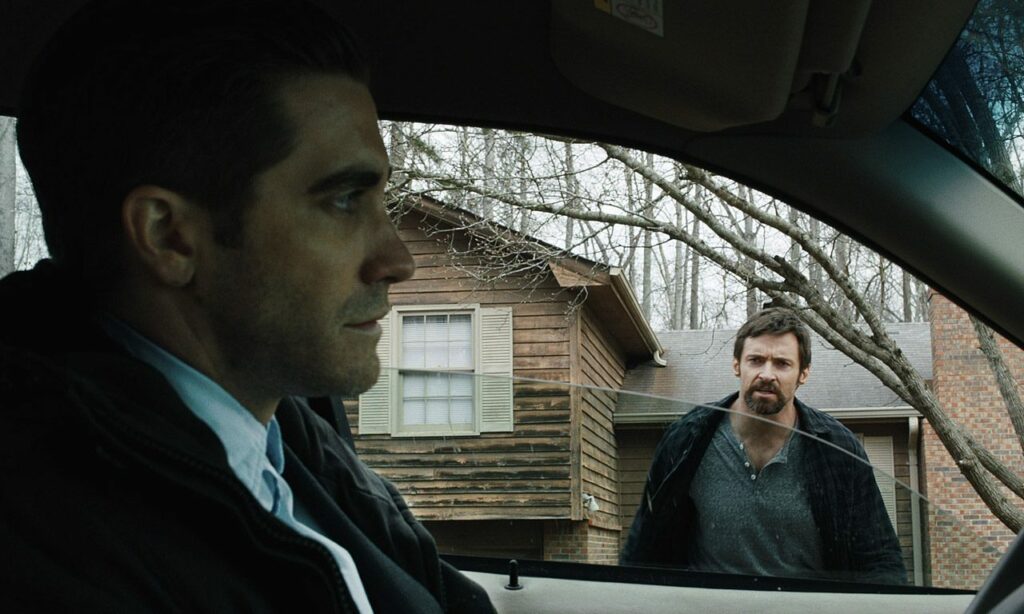
In the film, we see that being disagreeable can serve as both a catalyst for action and a potential weakness. On one hand, a confrontational demeanor can drive change and push others to take notice, compelling them to confront uncomfortable truths. This assertiveness can be a powerful tool for moving things forward, especially in dire situations where urgency is paramount.
However, this same trait can alienate others, making it difficult for them to approach or communicate openly. When someone appears volatile and unpleasant, it often leads to misunderstandings and can create barriers to collaboration. People may hesitate to engage, fearing conflict or escalation.
The film poignantly illustrates this duality, showing how a strong, disagreeable personality can result in both progress and isolation. Ultimately, it invites reflection on the balance between assertiveness and approachability, suggesting that while challenging the status quo is necessary, the manner in which we do so can significantly impact our relationships and effectiveness.
Stoicism can provide you with a clearer perspective
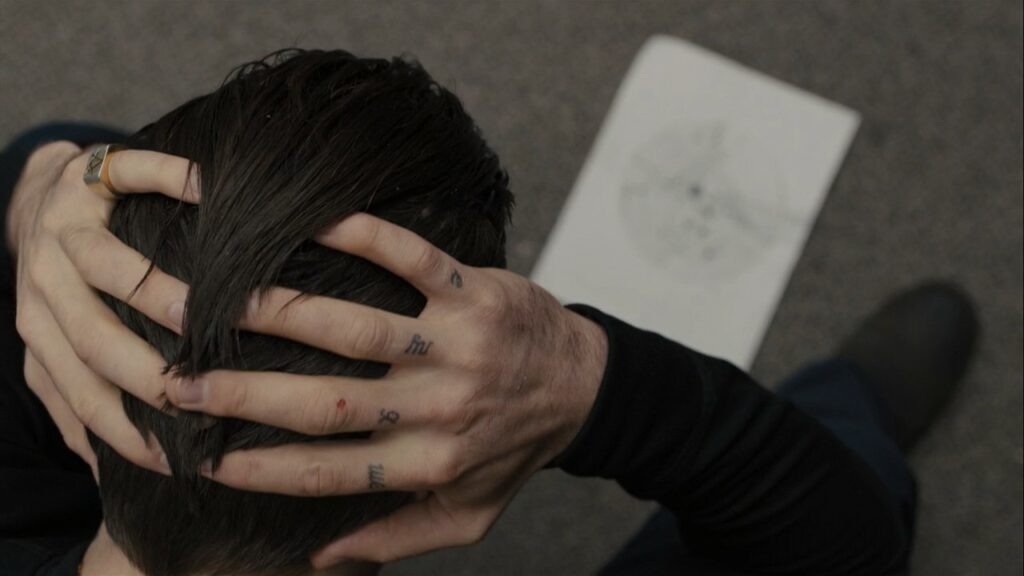
As depicted in the film, the solution was right in front of them all along. However, becoming too emotionally invested or fixated on specific details can obscure one’s ability to see the bigger picture.
When individuals are overwhelmed by their feelings, they may struggle to remain objective, allowing their emotions to cloud their judgment. This intense focus on particular aspects can hinder their ability to connect the dots and recognize the obvious solutions that are readily available.
The film highlights this struggle, emphasizing that in moments of crisis, the clarity of thought often diminishes under emotional strain. It serves as a reminder that stepping back and maintaining emotional detachment can sometimes lead to the insights needed to solve complex problems. Ultimately, it encourages us to find a balance between emotional engagement and rational analysis to navigate challenging situations effectively.
Sometimes instinct is more reliable than rational thought
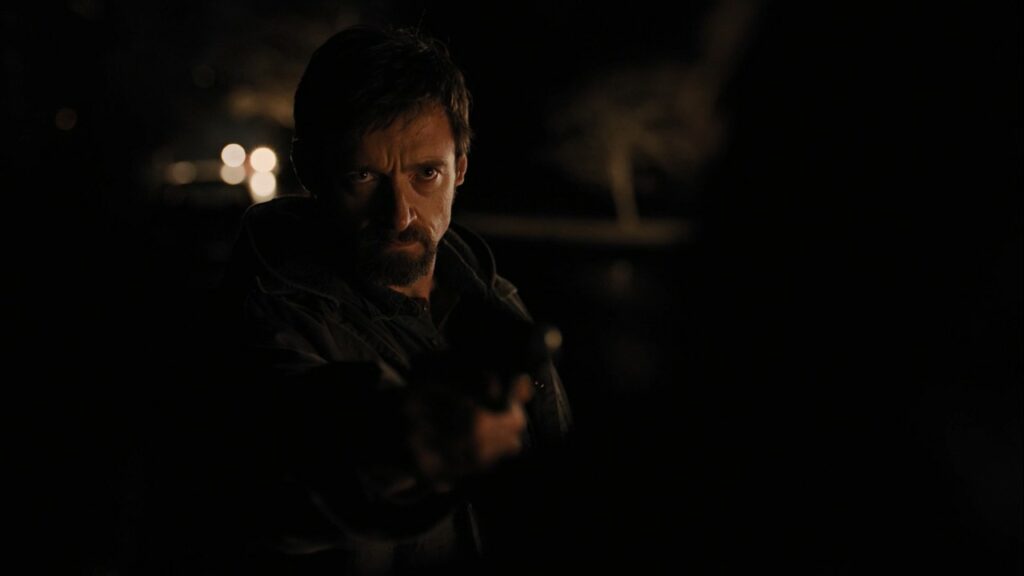
When it comes to understanding people, instinct can be incredibly reliable, sometimes even more so than rational thought. Keller sensed something was off from the beginning—first by recognizing that Alex was singing the same song as his children, then when Alex chillingly remarked, “They didn’t cry until I left them.”
Lastly, Alex’s mistreatment of his dog in a sadistic way further solidified Keller’s suspicions, providing enough subtle cues for him to believe Alex was involved in his children’s disappearance.
From the start, Alex’s appearance alone hinted at something unsettling, and his attempt to flee in the RV only deepened suspicions. Rationally, we’re inclined to give others the benefit of the doubt, but sometimes, a gut feeling is all the evidence we need.
Better to be rude than cease to exist
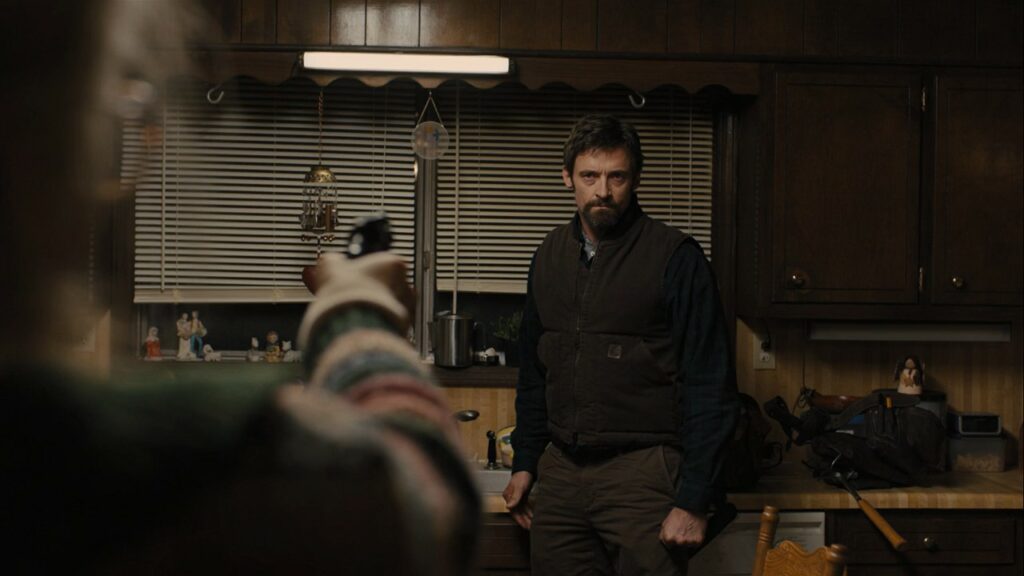
Whenever we’re not completely certain of someone’s guilt, we tend to avoid conflict and hesitate to make accusations.
The final scene is reminiscent of the ending in Fincher’s The Girl with the Dragon Tattoo, where, despite knowing the identity of the killer, the protagonist accepts his invitation, unwilling to risk seeming impolite.
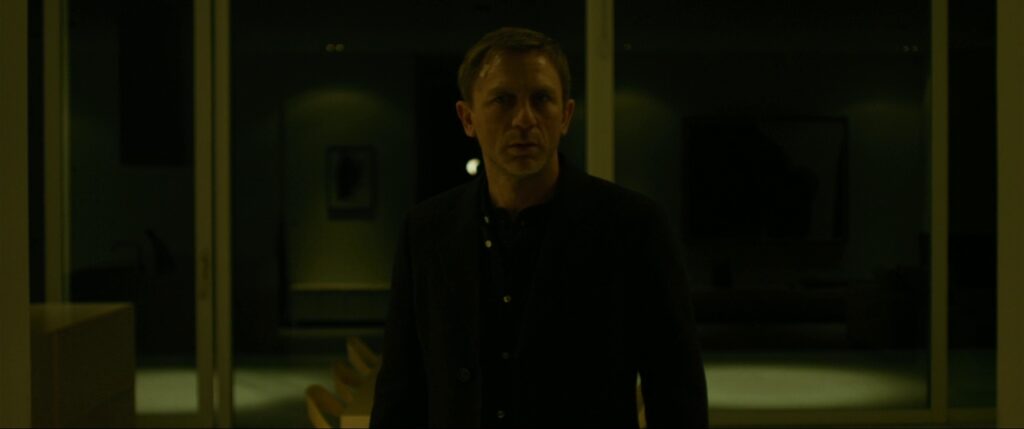
Just as Keller sensed that Holly Jones was involved in the kidnapping, he held back from directly confronting her, which gave her the opportunity to gain the upper hand.
The fear of appearing rude—or, in a social context, the anxiety over “losing face”—can sometimes overshadow our own self-interest. In many situations, the desire to maintain social harmony and avoid negative judgment can drive us to prioritize the comfort of others over our own instincts or needs.
This social conditioning often leads individuals to act against their better judgment or to hesitate in situations where assertiveness might be beneficial. Ultimately, it reveals the powerful role that societal expectations and fear of embarrassment play in influencing behavior, sometimes even at a cost to personal safety or well-being.
Evil can arise from deep suffering and the absence of faith
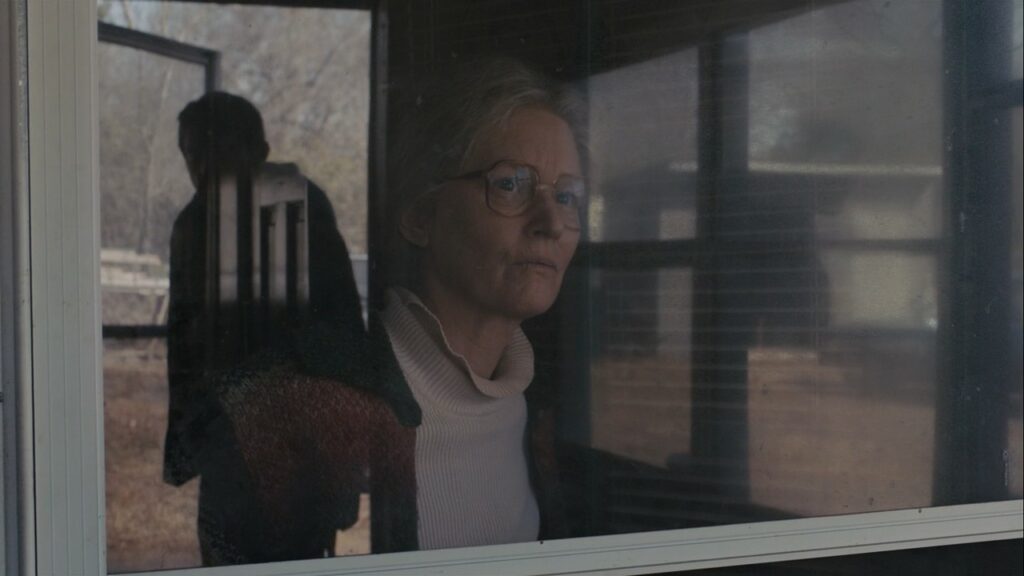
In Prisoners, the film explores how suffering and the absence of faith can breed profound darkness, as exemplified through Holly Jones.
Her transformation into a figure of malice is not born from innate cruelty but from a place of immense pain and bitterness. After losing her own child to cancer, Holly’s grief and anger drive her to a twisted “war with God,” a personal vendetta against the divine force she feels betrayed by.
For her, this war becomes a mission to inflict on others the same anguish she endured. Holly’s actions reflect how, without faith or a sense of purpose in suffering, pain can distort one’s view of morality and justice, leading to evil acts under the guise of retribution.
This theme highlights the devastating potential of unresolved suffering to become a catalyst for darkness, illustrating the complex ways in which personal agony can twist into a drive to harm others, mirroring one’s inner torment.
In a way, she succeeded with Keller, who ultimately resorted to torturing a man who was, in some sense, partially innocent.
The line between guilt and innocence isn’t always clear-cut
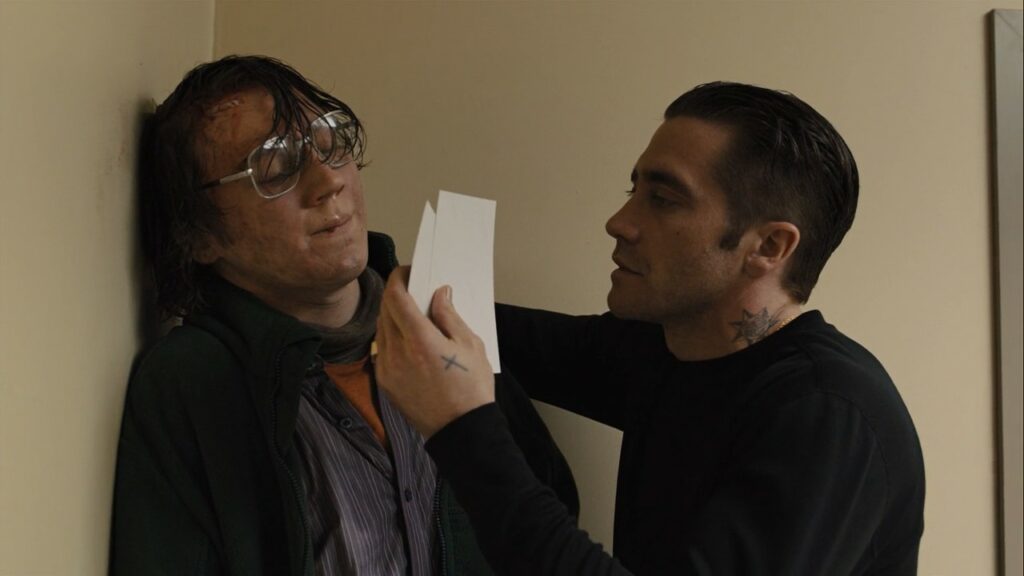
The line between guilt and innocence is rarely simple, as Prisoners illustrates through Alex Jones. Alex, a man with a childlike mind, becomes a prime suspect in the disappearance of two girls when he’s found with a suspicious RV. Desperate, Keller, the father of one of the girls, is convinced of Alex’s guilt due to his odd behavior and cryptic comments, pushing Keller to violent lengths to extract a confession.
However, Alex is innocent of any direct harm, though his connection to the real perpetrator and his vague responses make him seem guilty. This ambiguity leads Keller—and viewers—into a moral gray zone, questioning what justifies suspicion and what separates justice from cruelty. Alex’s situation reveals how easily fear and anger can cloud judgment, often blurring the line between good intentions and wrongful acts. After all, Alex, once a kidnapped child himself, could be seen as another victim, with his awkwardness stemming from past trauma.
In the end, Prisoners reminds us that appearances can be deceptive, and justice can become harmful when driven by personal pain and moral absolutism.
The soundtrack
Johann Johannsson, who composed the scores for The Arrival and Sicario, demonstrated a remarkable ability to tailor his music to the film’s needs.
In Sicario, the score had a bestial quality; in Arrival, it felt distinctly otherworldly almost indigene like; and in Prisoners, it conveyed a church-like ambiance.
Sadly, he passed away in 2018. For me, the most impactful piece is “Through Falling Snow,” which plays while Loki is transporting the drugged girl to the hospital.
The soundtrack exudes a sense of humility, particularly in tracks like “The Lord’s Prayer”, “I Can’t Find Them”, “The Search Party” and “The Candlelight Vigil”. These pieces serve as a poignant reminder that no one is immune to tragedy and that life can be incredibly fragile.
Conclusion
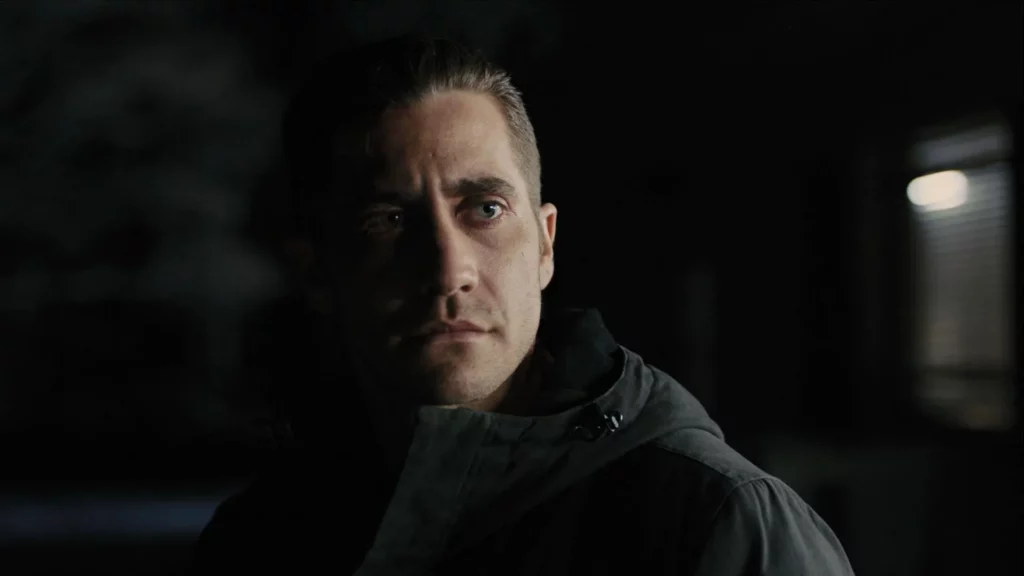
Aside from being one of the finest thrillers in recent memory, Prisoners resonates deeply with audiences due to its compelling storyline.
It delves into highly polarizing themes, such as the complexities of morality and faith, as well as the duality of good and evil.
Furthermore, it poignantly examines the profound responsibilities a father holds toward his family, forcing viewers to reflect on the lengths one might go to protect their loved ones.
By weaving these themes into its narrative, the film not only keeps audiences on the edge of their seats but also invites them to engage in a deeper exploration of human nature and ethical dilemmas.
Unlike Sicario or Dune, this film examines its themes from a micro and personal perspective, making it more relatable to everyday individuals making it more engaging.
An intriguing aspect of the film is that Franklin, by choosing to maintain his morals and refrain from taking drastic actions—possibly as a gesture of faith—ultimately gets his daughter back purely by chance. In contrast, Keller remains in a dire situation, and it’s uncertain whether he will ever be rescued by Loki.
It’s also fair to say that, each in their own way, Keller, Franklin, and Loki clung to their faith, refusing to give up and maintaining hope that the girls could be found—though only two of them took action while one was relying purely on faith with each having different measure of effectiveness.
The open discussions resulting for this film could be :
- How does the portrayal of fatherhood in Prisoners challenge traditional notions of masculinity and parental responsibility ?
- Is morality relative, and must a leader sometimes abandon it as a necessary sacrifice to protect loved ones or their clan?
- Is “turning the other cheek” truly an effective strategy in real life?
- Can someone truly be guilty if they are shaped by their environment and uncontrollable events?


GIPHY App Key not set. Please check settings